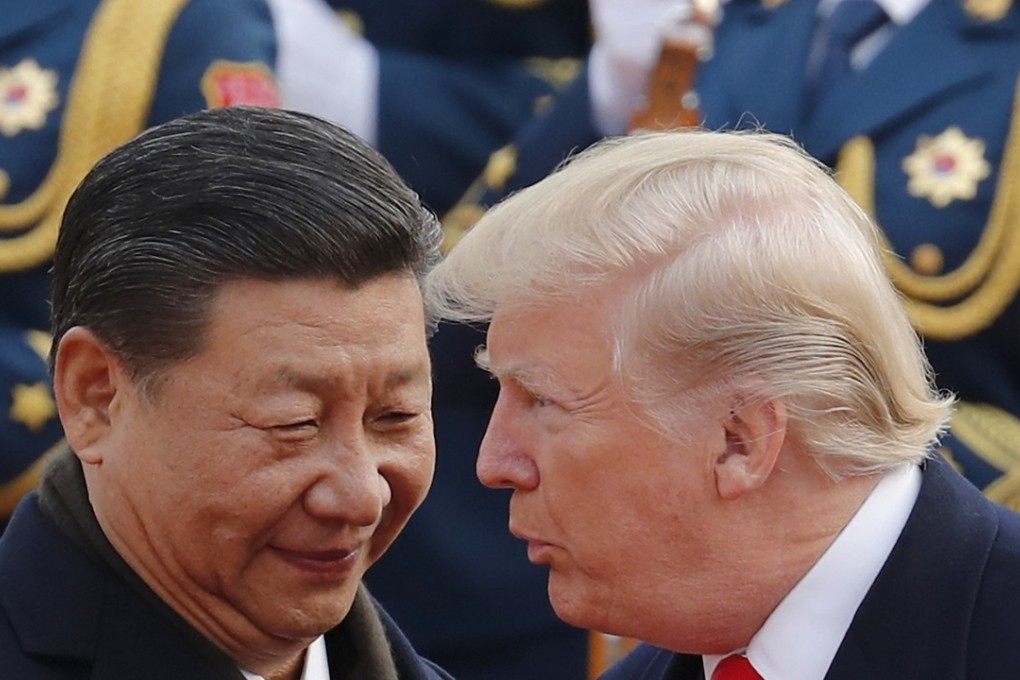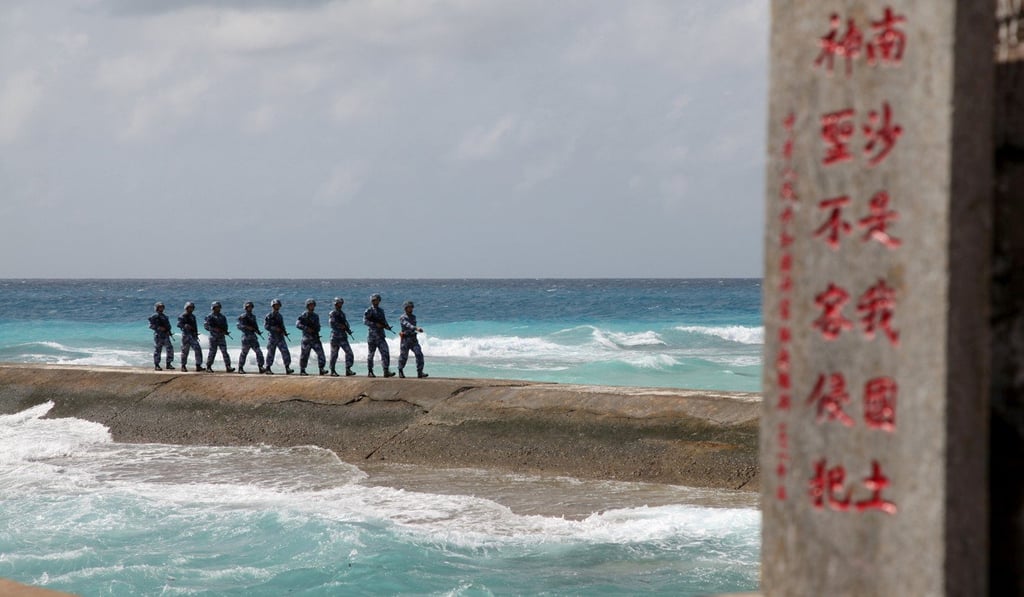Advertisement
As the US recedes and China leads, Trump’s Asia trip sends out reassuring signals
Derwin Pereira says that if the torch of regional and global leadership is passing from the US to China, Asean should be thankful that it has been peaceful, at least so far
Reading Time:3 minutes
Why you can trust SCMP
0

US President Donald Trump’s visit to South Korea, China, Vietnam and the Philippines marks a special moment in a special relationship. The relationship between America and the Indo-Pacific is special because the region is primed for a choice between war and peace.
Advertisement
The moment is special because it breaks with the mercurial president’s habitual propensity to make policy announcements on social media that leave his international interlocutors bewildered or unsure of his meaning. His trip gave him an opportunity to bring America’s weight to bear on Asian affairs in a way that did not upset partners. He grasped the opportunity with élan, cementing a special moment in the transpacific relationship.
He refused to let North Korea’s nuclear ambitions overshadow his message. Nothing gives tinpot dictators more pleasure than to be taken seriously by the leader of the world’s most powerful democracy. This is what Trump does when he responds to a North Korean provocation on social media. Nothing displeases autocrats more than being ignored. This is what he did by focusing on global issues.
World leaders attend Asean opening ceremony in Manilla
Donald Trump’s early East Asia Summit exit casts doubt over US ties to Asia
Pyongyang is not stupid. It recognises the stakes involved and will not push too far against the boundaries of peace. What Asia must fear more than North Korean actions is the possibility of an irrevocable breakdown of relations between the United States and China, China and Japan, and China and India. China figures in all three equations, but America can help determine how China should feature in them. America is the Indo-Pacific’s offshore power balancer: what it does (or does not do) will tilt strategic relations among partners and adversaries. Trump’s visit to China reiterated his concerns over the direction Beijing could take as it consolidates its position as the world’s second-largest economy. That consolidation is bound to have military and political implications. However, he avoided treating China as a potentially belligerent country.
A revisionist power seeks to change the international order to its advantage. A belligerent power contemplates doing so through war. China today is not Germany in 1914 or 1939. Trump paid China the courtesy of treating it as a peer power – so long as it did not challenge the American underpinnings of the current international system.

Deals galore for US firms from Trump’s China trip, but are the real trade problems being glossed over?
There is a problem, however. Those American underpinnings are undermined by Washington’s abdication of the principles of economic multilateralism that have upheld its global prominence since the end of the second world war. During his trip, Trump defiantly defended his decision to pull out of the Trans-Pacific Partnership, a gold-standard economic liberalisation pact, declaring his preference for bilateral pacts in which America could secure its national interests. Chinese President Xi Jinping, eager to pick up America’s mantle on the global marketplace, makes it clear that the Chinese answer to America’s economic withdrawal is more multilateralism, not less.

Advertisement